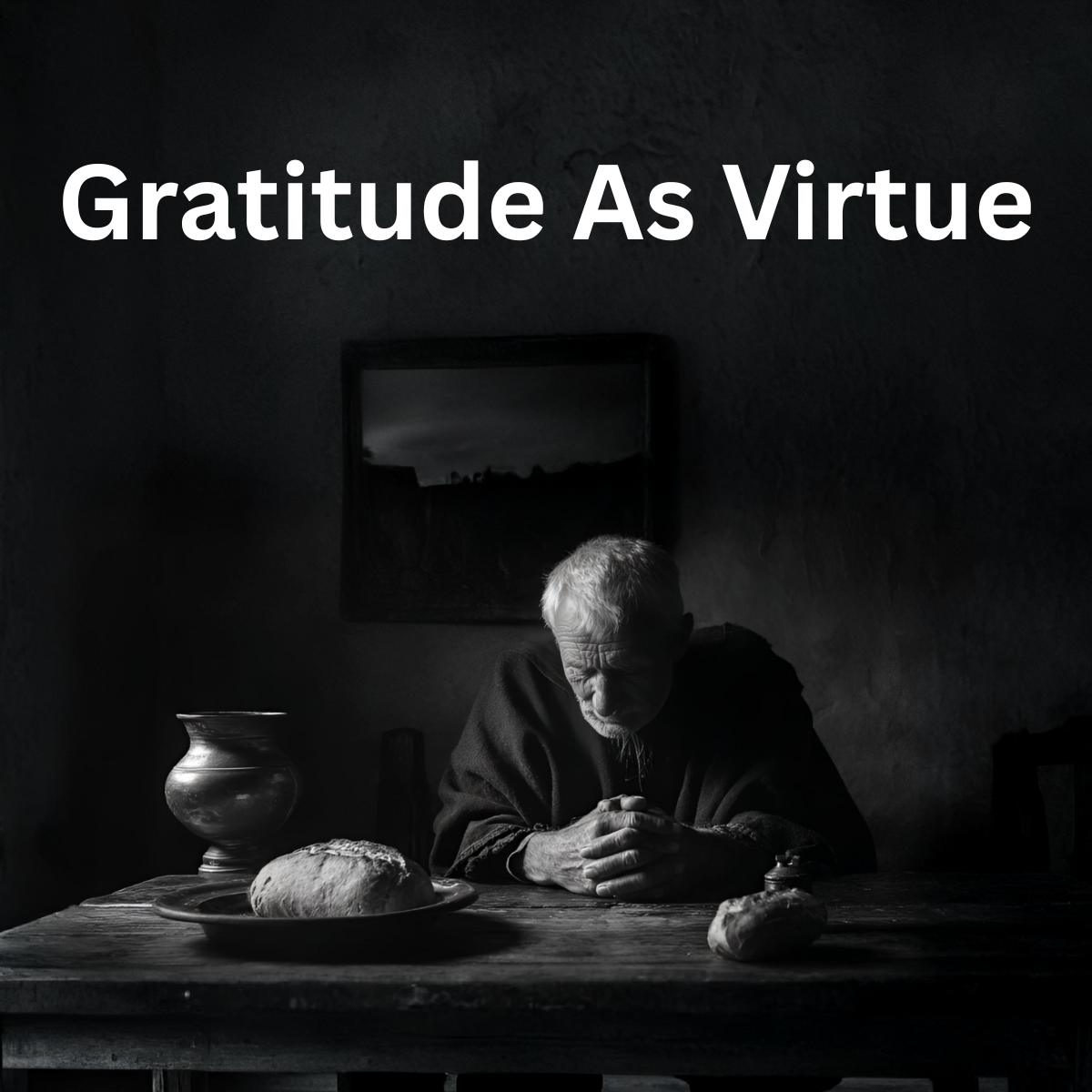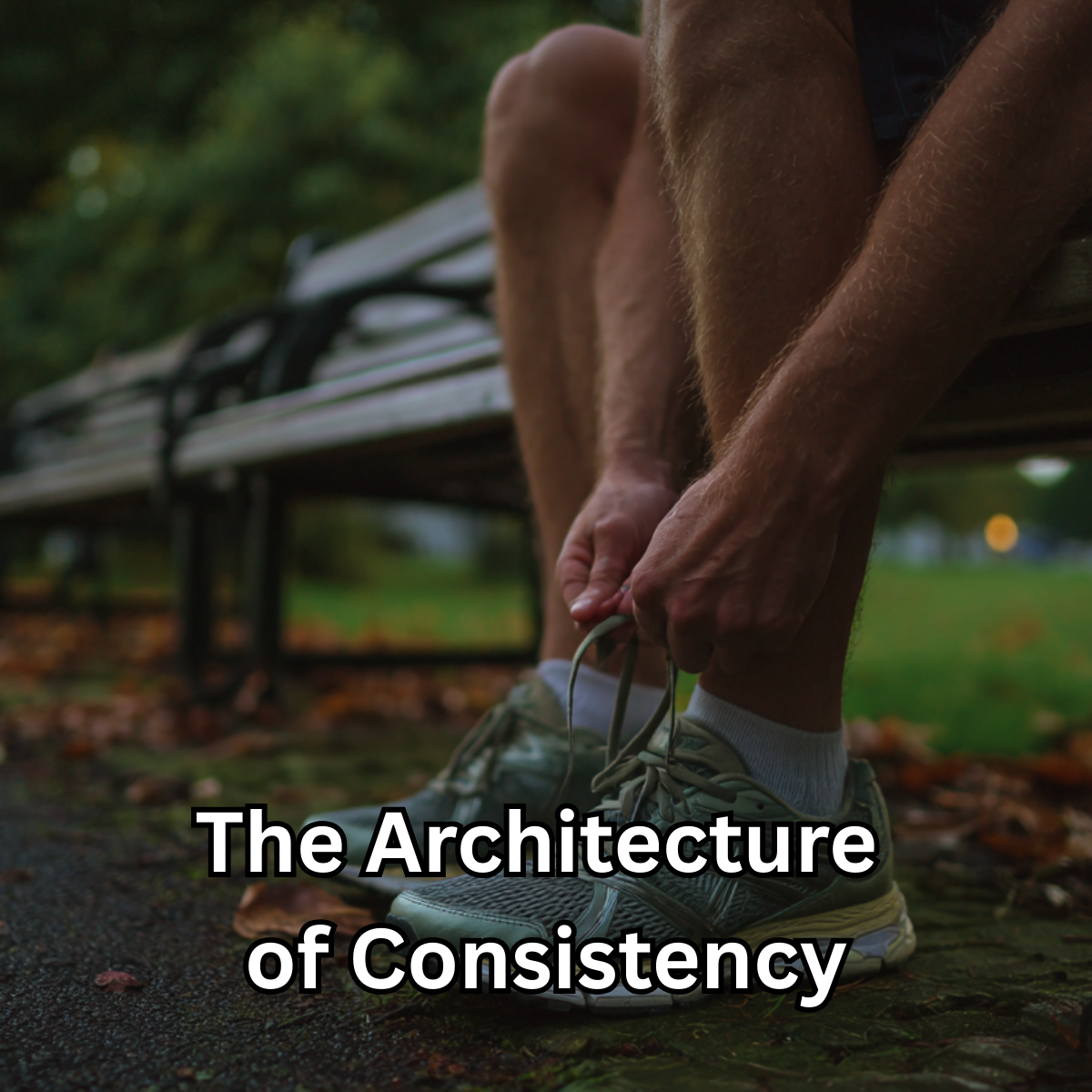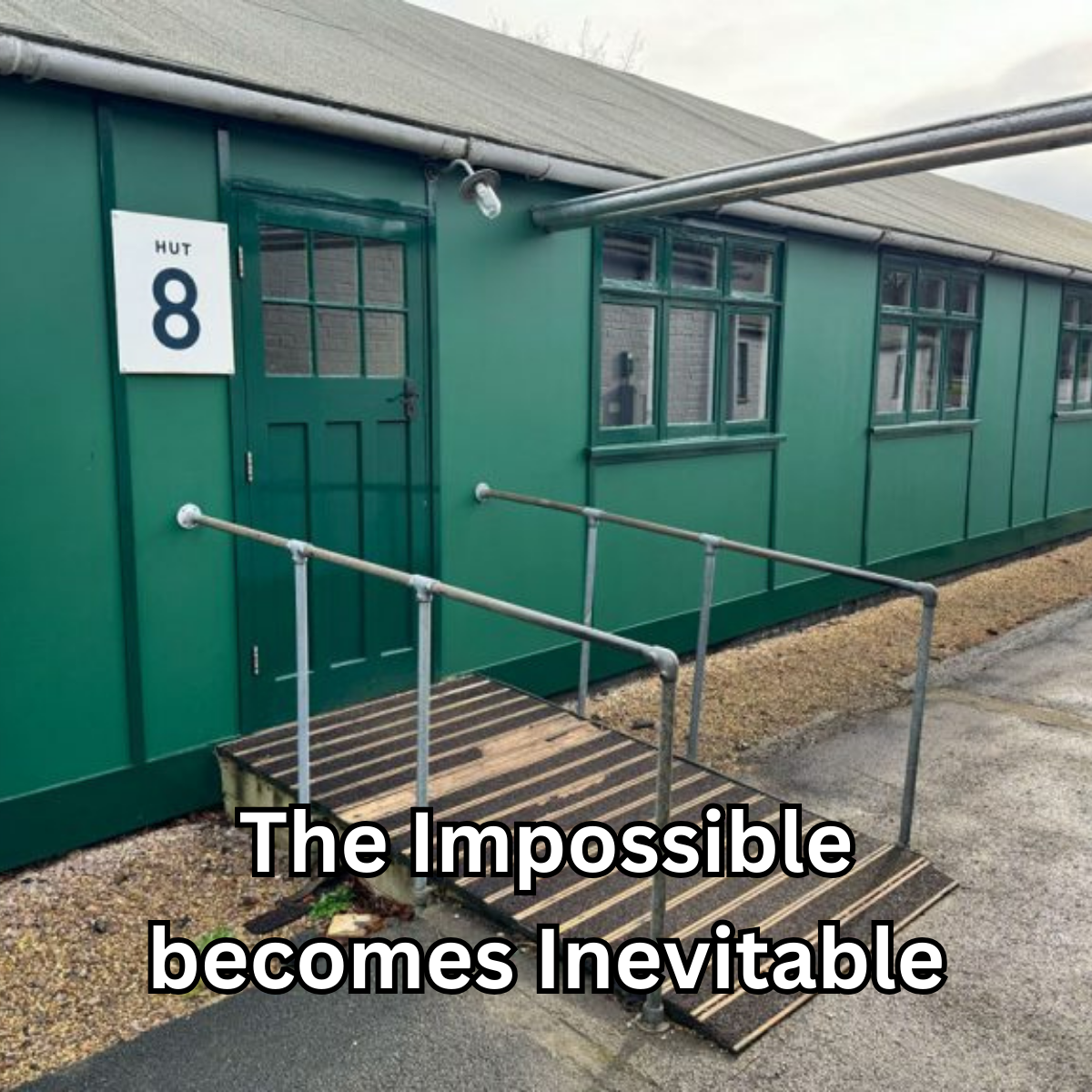I am stuck in a hotel room on Thanksgiving Day, and it kind of sucks. As I woke up this morning, I was thinking about how most people on Thanksgiving talk about gratitude. I asked myself, is gratitude really a virtue? It feels like gratitude has been recognized lately as important, but traditionally it was not always treated as a virtue or as an important characteristic of being a good person. So I decided to think about that.
I believe gratitude fits within the classic virtues, the Aristotle virtue ethics. It represents the mean, the middle point, between two extremes. On one side is ingratitude, a deficiency. On the other side is excess, a kind of indebtedness. Those who are not grateful at all fall to one side. Those who feel completely in debt fall to the other side. People who owe a lot of money and are forgiven, or people who have committed a great wrong and are forgiven, would feel compelled to be grateful. People who have been given everything have a hard time being grateful. People who lack everything can be forced into gratitude. True gratitude sits between these. It is not hard hearted and ungrateful, and it is not a crushing sense of debt. That is where virtue lies.
There are genuine benefits to gratitude that are worth pondering, because gratitude contributes to both individual and social success. Culturally, I have always been fond of Stoic philosophy. The early Stoics, like Marcus Aurelius, taught appreciation for what we have rather than lamenting what we lack. This idea is not only Stoic. You see it in Eastern religions like Buddhism, which teach recognition of interconnection, the gifts we receive from others, and our duty to be grateful for what is provided to us. In the Christian ethic, thankfulness is a core spiritual practice. In the Lord’s Prayer, Jesus teaches us to express gratitude at the start. I imagine many religious backgrounds teach similar concepts.
Gratitude can be considered a virtue because grateful people recognize their dependence on others. That is true humility. Those who are grateful acknowledge the debts and contributions of others fairly and openly. Rather than taking all the credit for yourself, you focus on the contributions of others. Consider the award speech. When a person receives an award, the expected first reaction is to thank those who contributed. Even if they may not always mean it, we have accepted that this is important.
If you are grateful, you become sensitive to other people’s kindness. You develop more compassion for others because you recognize how people have been kind to you. You can also see how to be kind in return. People who practice gratitude tend to be more generous, willing to give back, and ready to help.
In that mindset, gratitude is a virtuous signal. People who are grateful tend to be both givers and receivers. They get along more easily with others. You want to trust them because they are less likely to be completely selfish. Grateful people also build good feedback loops between those who have and those who do not. You will find grateful people connected to social groups that benefit communities.
I believe competition is good, and I have written about this many times. One of my core principles is that ambition devours gratitude. If you are too ambitious, you will never be grateful. Grateful people lean toward cooperation over competition.
I will not get into it deeply here, but there is research in psychology that connects gratitude to higher life satisfaction and happiness. With all of that in mind, here I am on Thanksgiving, sitting in a hotel room for a basketball tournament and not doing our traditional Thanksgiving. I am pondering how I can consider what I should be grateful for, rather than sitting here lamenting what I lack.
With that, I had better do it.





Interesting. We had a talk in Idelwild last week on this subject as you know. My “fillers” included a story about Delsie going to the Cemetary on Memorial day and spending time at every grave of all her friends and relatives with a short story and thanks and gratitude for all they did for her and reasons they were so important to their lives and placing cans with flowers ending with the grave of the buy burned up in the bunk house fire no one knew who he was, but she was grateful for the short time they had together. Sad. She did this for every year for 50 years?